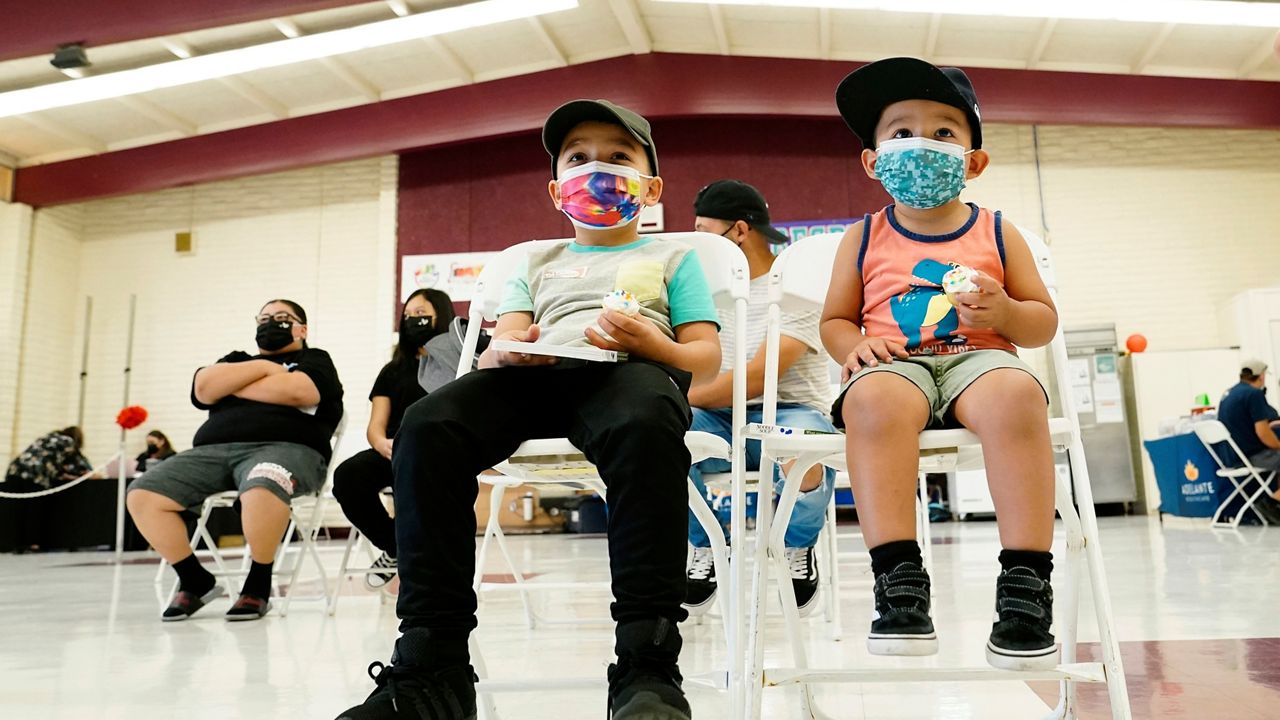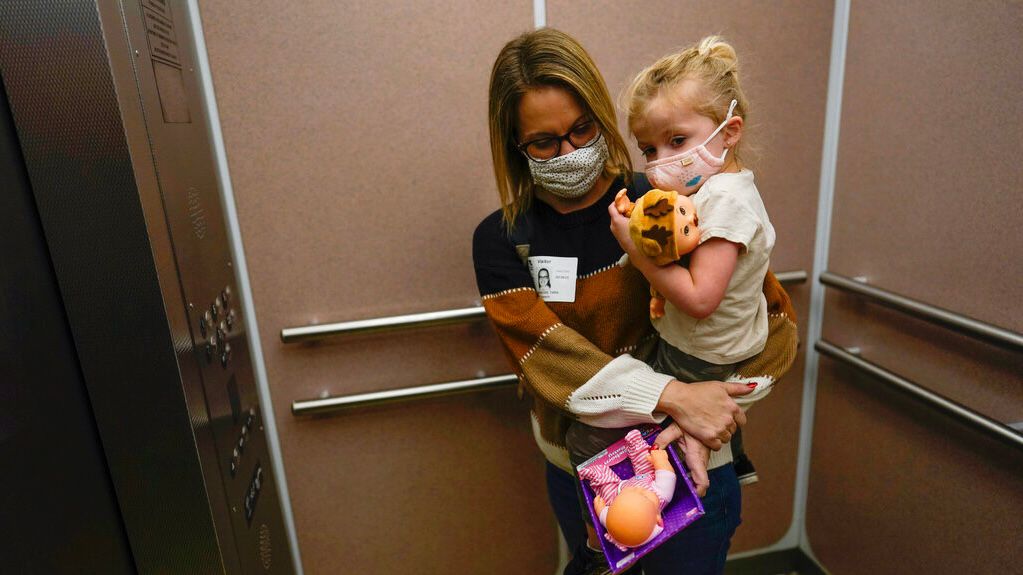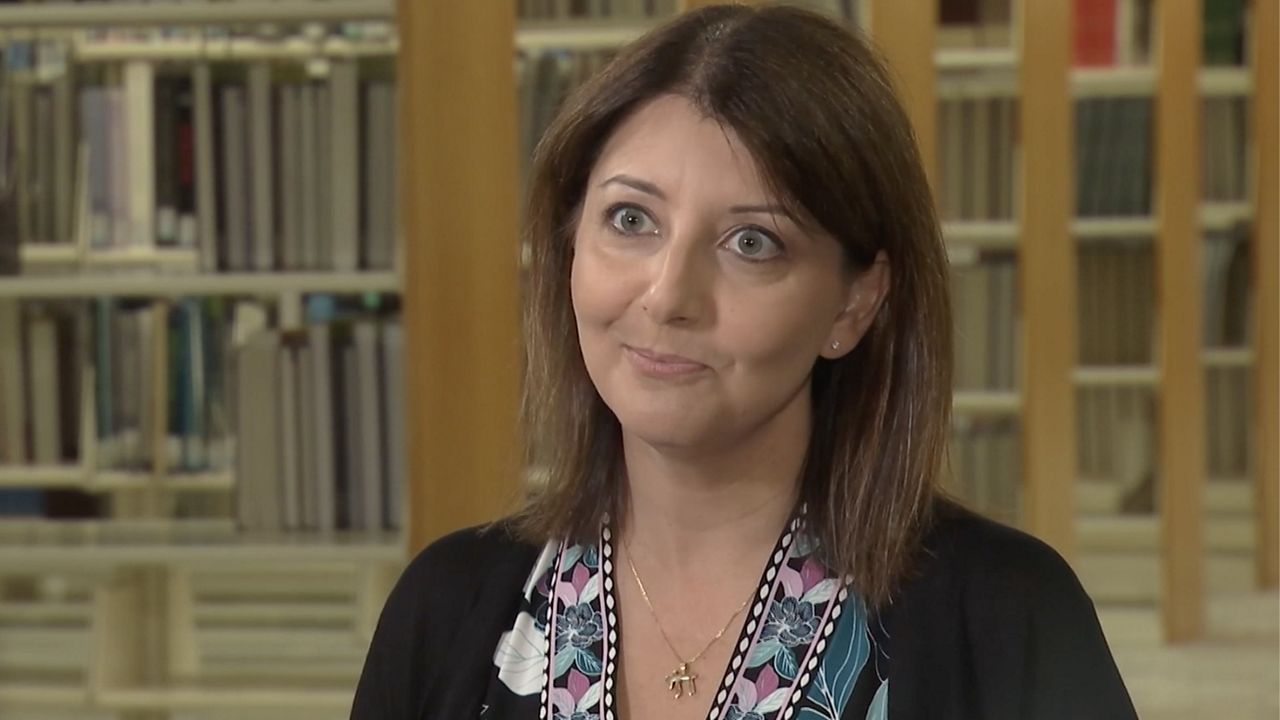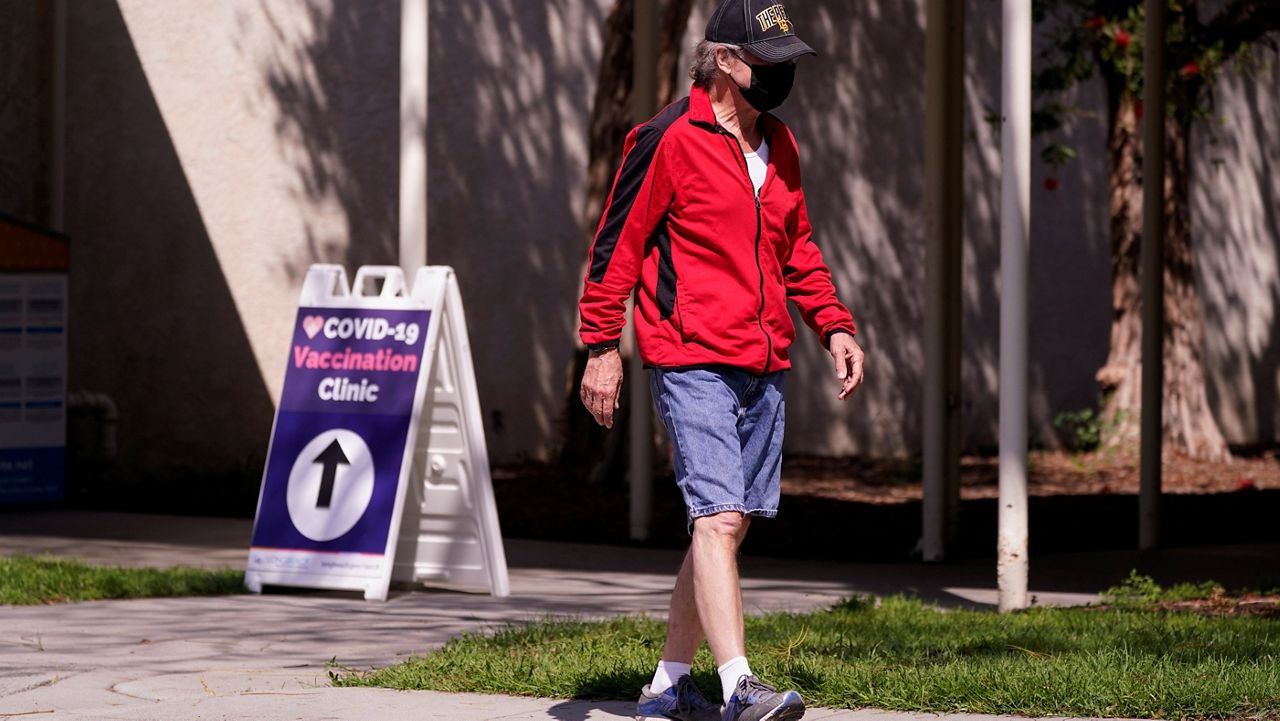The Food and Drug Administration announced Tuesday that it has authorized booster doses of the Pfizer-BioNTech COVID-19 vaccine for kids 5-11, clearing the way for younger Americans to bolster their protection against the coronavirus.
On Thursday, Centers for Disease Control and Prevention Director Dr. Rochelle Walensky signed off on a recommendation from a panel of advisers to the agency backing the boosters, allowing for shots to begin.
"We have the tools we need to protect these people from severe disease, and to prevent any more tragic deaths," she said at the top of the meeting. "It's important for us to anticipate where this pandemic is moving and deploy the tools we have where they will have the greatest impact."
The booster is a 10 microgram dose, the same as the primary vaccine series for the younger age group, which is about a third of what is given to those 12 and older. Children in the 5-11 age group can receive their booster shot at least 5 months after their second dose, the FDA said.
"While it has largely been the case that COVID-19 tends to be less severe in children than adults, the omicron wave has seen more kids getting sick with the disease and being hospitalized, and children may also experience longer term effects, even following initially mild disease,” FDA Commissioner Robert Califf said in a statement.
"Vaccination continues to be the most effective way to prevent COVID-19 and its severe consequences, and it is safe," he added. "If your child is eligible for the Pfizer-BioNTech COVID-19 Vaccine and has not yet received their primary series, getting them vaccinated can help protect them from the potentially severe consequences that can occur, such as hospitalization and death."
Of the 5-11 age group, only about 30% of those eligible are fully vaccinated against COVID-19. Shots became available for the group in November.
In a small study, Pfizer found a booster amplified kids' levels of virus-fighting antibodies -- including those able to fight the omicron variant -- the same kind of jump adults get from an extra shot.
While the coronavirus is comparitively more dangerous to adults, kids can get severely ill – more than 350 children ages 5 to 11 have died, according to data from the CDC.
Adding to public confusion, the CDC estimates 3 out of every 4 U.S. children of all ages have been infected with the coronavirus since the pandemic’s start – many of them during the winter omicron wave.
Still, health authorities urge vaccination even in people who’ve previously had COVID-19 to strengthen their protection against the virus.
In the U.S., only one group is not yet eligible for vaccination: Children under 5. Both Pfizer and rival Moderna have been studying their shots in the youngest children, and the FDA is expected to evaluate data from one or both companies sometime next month.
The Associated Press contributed to this report.








